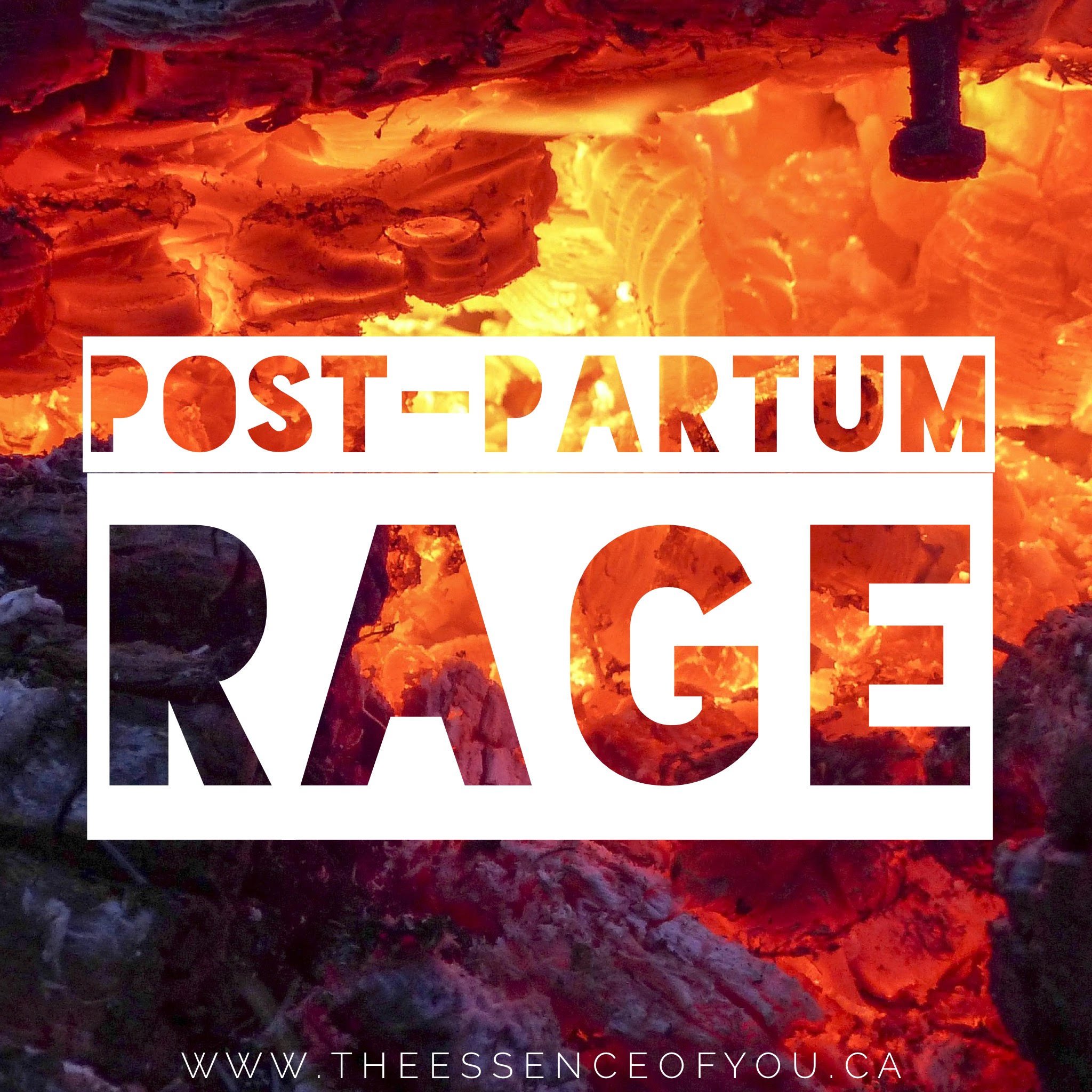Post Partum Rage
Do you ever feel so angry that you just can't control it?
What do you think is underneath your anger, frustration or rage? What is it trying to tell you?
If you are reading this, you have probably felt rage, intense anger or frustration since becoming a mother. Post-partum rage can be unexpected, out of context, uncharacteristic and uncontrollable (Robin Farr, Post-Partum Progress). While anger and rage are both symptoms of post-partum depression and post-partum anxiety, it is also a common experience for women who don't relate to the other symptoms of PPD/A. Feeling rage is a common, but rarely spoken about experience of women in the post-partum period; and it often leaves women feeling afraid and ashamed of their experience.
What's this about? In my counselling practice, I frequently hear mothers share that they feel shame for any unpleasant or negative feelings/reactions that they have - and this shame stops these women from speaking up and getting the connection and support that they need. Is this you?
Women go through so many changes in the days, weeks, months, and YEARS after they birth their babies! It can be easy to get lost in this and find yourself feeling angry and rage-y and not understanding why.
"Anger is an emotion of self-protection. It may involve an effort to prevent injury or specify a boundary. It is a common response to having been threatened, hurt, or scared... Anger can escalate to rage when the threat is extreme..." - Babette Rothschild on unresolved trauma in her book The Body Remembers.
Getting to know your anger/rage, spending time with it and figuring out the root of it is a necessary step towards moving towards making positive, long term changes. When your primary goal is to push the anger away and make it stop, it will just keep coming back again and again. Anger is a SECONDARY EMOTION. What does this mean? It means that there is always another emotion lurking beneath the anger. Getting to these underlying emotions is an essential part of the process if you want to see shifts in how you experience anger.
"When we embrace anger and take good care of
our anger, we obtain relief. We can look deeply into
it and gain many insights." - Thich Nhat Hanh
There are many strategies you can use to help you manage your triggers and become less reactive, and I encourage all of my clients to do this part! And although it might seem scary and maybe even counter-intuitive, I also encourage deeper exploration of the anger itself, and the most important part - allowing it to be there without resistance.
If you are searching for additional tools and strategies for working through Post Partum Rage, our Self Paced Workshops are the way go
JEN IS A COUNSELLOR AND PSYCHOTHERAPIST IN CALGARY, ALBERTA. IF YOU ARE INTERESTED IN BOOKING A SESSION WITH HER OR ATTENDING ONE OF HER GROUPS OR WORKSHOPS, VISIT THE ESSENCE OF YOU WEBSITE OR CONTACT JEN DIRECTLY.



